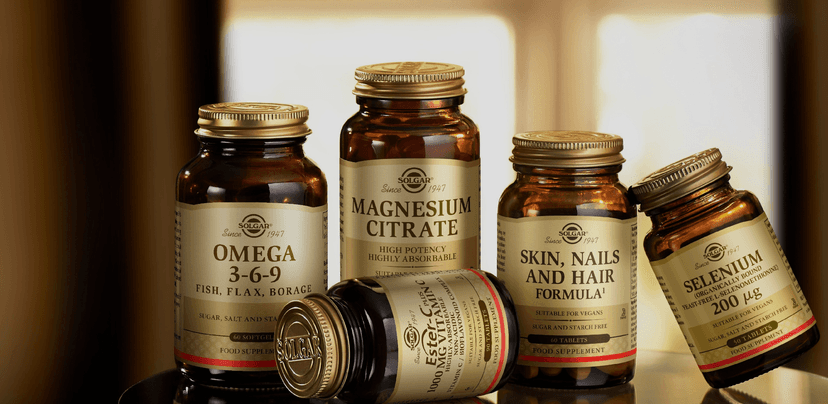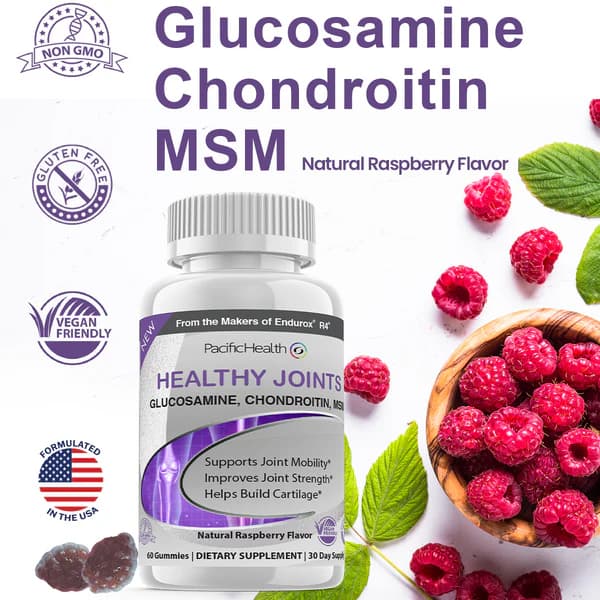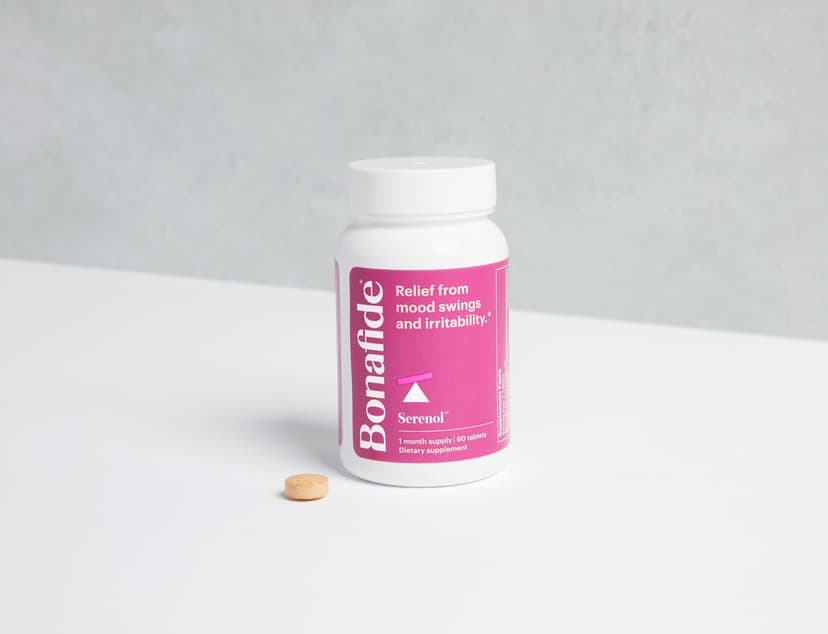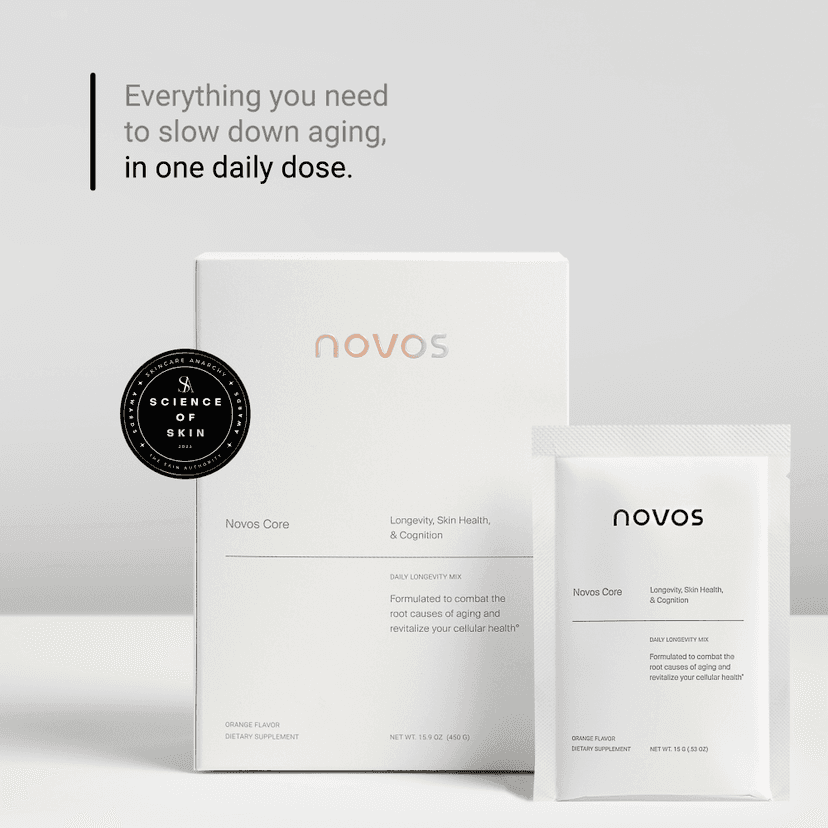Antioxidants are important for our health because they help protect our cells from damage caused by free radicals. Free radicals are harmful molecules that can lead to various health issues, including chronic diseases. Eating a variety of antioxidant-rich foods can help boost our body's defenses and promote overall well-being. Here are ten top foods that are packed with antioxidants, which can help combat free radical damage.
Key Takeaways
- Apples are not only tasty but also packed with antioxidants that help fight free radicals.
- Blueberries are small but mighty, offering a high level of antioxidants to support your health.
- Black olives are a delicious addition to meals and are rich in compounds that combat oxidative stress.
- Artichokes are not just a fancy vegetable; they are also loaded with antioxidants for better health.
- Strawberries are sweet and beneficial, providing essential nutrients and antioxidants in every bite.
1. Apples
Apples are not just a tasty snack; they are also packed with antioxidants that help fight free radicals in the body. These antioxidants can help reduce the risk of chronic diseases. Here are some key points about apples:
- High in Fiber: Apples are a great source of dietary fiber, which is good for digestion.
- Rich in Vitamin C: This vitamin is important for a healthy immune system.
- Low in Calories: Apples are a low-calorie food, making them a healthy choice for snacks.
Antioxidant Content of Apples
| Type of Apple | Antioxidant Content (mmol/100g) |
|---|---|
| Fresh Apples | 2.2 |
| Dried Apples | 3.8 |
Apples are a simple and delicious way to boost your antioxidant intake. Eating them regularly can contribute to better health.
2. Blueberries
Blueberries are not just delicious; they are also packed with antioxidants that help protect our bodies from damage caused by free radicals. These tiny fruits are among the highest in antioxidant content, making them a great choice for a healthy diet.
Nutritional Benefits
- High in Antioxidants: Blueberries contain a type of antioxidant called flavonoids, which are known for their health benefits.
- Rich in Vitamins: They are a good source of vitamin C, vitamin K, and manganese.
- Low in Calories: A cup of blueberries has only about 84 calories, making them a great snack option.
Antioxidant Content
Here’s a quick look at the antioxidant content of blueberries compared to some other fruits:
| Fruit | Antioxidant Content (mmol/100g) |
|---|---|
| Blueberries | 4.5 |
| Strawberries | 2.1 |
| Apples | 3.8 |
| Oranges | 0.9 |
How to Enjoy Blueberries
- Fresh: Add them to your breakfast cereal or yogurt.
- Smoothies: Blend them with other fruits for a refreshing drink.
- Baking: Use them in muffins or pancakes for a tasty treat.
Blueberries are not only tasty but also versatile. They can be enjoyed in many ways, making it easy to include them in your daily diet.
3. Black Olives
Black olives are not just a tasty addition to your meals; they are also packed with antioxidants that help fight free radicals in the body. These small fruits are rich in healthy fats and antioxidants, making them a great choice for your diet.
Nutritional Benefits
- High in Antioxidants: Black olives contain a variety of antioxidants that can help protect your cells from damage.
- Healthy Fats: They are a good source of monounsaturated fats, which are beneficial for heart health.
- Vitamins and Minerals: Black olives provide essential nutrients like vitamin E, iron, and copper.
Antioxidant Content
Here’s a quick look at the antioxidant content of black olives compared to other foods:
| Food Item | Antioxidant Content (mmol/100g) |
|---|---|
| Black Olives | 1.7 |
| Apples (dried) | 3.8 |
| Artichoke | 3.5 |
| Strawberries | 2.1 |
| Pomegranate | 1.8 |
Black olives are a delicious way to boost your antioxidant intake while enjoying a variety of dishes.
Incorporating black olives into your meals can be easy. Here are some simple ideas:
- Add them to salads for extra flavor.
- Use them in pasta dishes or pizzas.
- Blend them into dips like tapenade.
By including black olives in your diet, you can enjoy their unique taste while reaping the health benefits they offer.
4. Artichoke
Artichokes are not only delicious but also packed with antioxidants. They are one of the top foods that help fight free radicals. These unique vegetables contain a variety of beneficial compounds that can support your health.
Nutritional Benefits
- High in Fiber: Artichokes are a great source of dietary fiber, which is important for digestion.
- Rich in Antioxidants: They contain flavonoids and phenolic acids that help combat oxidative stress.
- Low in Calories: Artichokes are low in calories, making them a healthy addition to any meal.
Antioxidant Content
Here’s a quick look at the antioxidant content of artichokes compared to other foods:
| Food Item | Antioxidant Content (mmol/100 g) |
|---|---|
| Artichoke | 3.5 |
| Apples (dried) | 3.8 |
| Plums (dried) | 3.2 |
| Strawberries | 2.1 |
Artichokes are not just tasty; they are also a powerhouse of nutrients that can help protect your body from damage caused by free radicals.
5. Strawberries
Strawberries are not only delicious but also packed with antioxidants. These tiny fruits are a great way to fight free radical damage. They contain a variety of beneficial compounds that help protect your body from oxidative stress.
Nutritional Benefits
Strawberries are rich in vitamins and minerals, including:
- Vitamin C
- Manganese
- Folate
- Potassium
Antioxidant Content
According to research, strawberries have an antioxidant content of about 2.1 mmol per 100 grams. This makes them one of the top fruits for boosting your antioxidant intake. Here’s a quick comparison of some fruits:
| Fruit | Antioxidant Content (mmol/100g) |
|---|---|
| Strawberries | 2.1 |
| Blueberries | 4.5 |
| Blackberries | 3.6 |
Health Benefits
Eating strawberries can provide several health benefits:
- Boosts immune system due to high vitamin C content.
- Supports heart health by improving cholesterol levels.
- May help regulate blood sugar levels, making them a good choice for diabetics.
Strawberries are a tasty way to add antioxidants to your diet. They can be enjoyed fresh, in smoothies, or as a topping for yogurt.
6. Pomegranate
Pomegranates are not just delicious; they are also packed with antioxidants that help fight free radicals in the body. These tiny seeds are a powerhouse of health benefits.
Nutritional Benefits
Pomegranates are rich in vitamins and minerals, making them a great addition to your diet. Here’s a quick look at their nutritional content per 100 grams:
| Nutrient | Amount |
|---|---|
| Calories | 83 |
| Protein | 1.7 g |
| Carbohydrates | 18.7 g |
| Fiber | 4 g |
| Vitamin C | 10.2 mg |
| Antioxidant Level | 1.8 mmol |
Health Benefits
- Rich in Antioxidants: Pomegranates contain high levels of antioxidants, which help protect your cells from damage.
- Heart Health: Regular consumption may lower blood pressure and cholesterol levels.
- Anti-Inflammatory: They can help reduce inflammation in the body, which is linked to many chronic diseases.
Pomegranates are a tasty way to boost your health. Adding them to your meals can provide essential nutrients and antioxidants that support overall well-being.
7. Oranges
Oranges are not just a tasty fruit; they are also packed with antioxidants that help protect your body from damage caused by free radicals. These antioxidants play a crucial role in keeping your cells healthy.
Nutritional Benefits of Oranges
Oranges are rich in several important nutrients, including:
- Vitamin C: Essential for a strong immune system.
- Fiber: Aids in digestion and helps maintain a healthy weight.
- Folate: Important for cell division and production.
Antioxidant Content
The antioxidant content in oranges is measured in millimoles (mmol) per 100 grams. Here’s a quick look at how they compare:
| Food | Antioxidant Content (mmol/100g) |
|---|---|
| Oranges | 0.9 |
| Apples | 3.8 |
| Artichoke | 3.5 |
How to Enjoy Oranges
- Fresh: Eat them as a snack or add them to salads.
- Juice: Fresh orange juice is refreshing but remember to consume it in moderation.
- Zest: Use the peel to add flavor to dishes and desserts.
Eating a variety of fruits, including oranges, can help you get the antioxidants your body needs to stay healthy.
8. Kale
Kale is often called a superfood because it is packed with nutrients and antioxidants. This leafy green is not only delicious but also helps fight free radicals in the body. Here are some key points about kale:
- High in Antioxidants: Kale contains powerful antioxidants like quercetin and kaempferol, which help reduce inflammation and protect cells.
- Rich in Vitamins: It is an excellent source of vitamins A, C, and K, which are essential for overall health.
- Low in Calories: Kale is low in calories, making it a great addition to any diet.
Nutritional Content of Kale (per 100g)
| Nutrient | Amount |
|---|---|
| Calories | 35 |
| Protein | 2.9 g |
| Carbohydrates | 4.4 g |
| Fiber | 2.0 g |
| Vitamin A | 9990 IU |
| Vitamin C | 120 mg |
| Vitamin K | 817 mcg |
Eating kale regularly can help improve your health and protect against diseases. It’s easy to add to salads, smoothies, or cooked dishes.
9. Spinach
Spinach is not just a popular leafy green; it is also packed with antioxidants that help fight free radicals in the body. This vibrant vegetable is a powerhouse of nutrients, making it a great addition to your diet.
Nutritional Benefits of Spinach
- High in Vitamins: Spinach is rich in vitamins A, C, and K, which are essential for maintaining good health.
- Mineral Content: It contains important minerals like iron, calcium, and magnesium.
- Low in Calories: Spinach is low in calories, making it a great choice for those looking to maintain a healthy weight.
Antioxidant Content
Spinach is known for its high levels of antioxidants. Here’s a quick look at its antioxidant content:
| Nutrient | Amount per 100g |
|---|---|
| Vitamin C | 28 mg |
| Vitamin E | 2.03 mg |
| Beta-carotene | 469 µg |
How to Include Spinach in Your Diet
- Salads: Add fresh spinach leaves to your salads for a nutritious boost.
- Smoothies: Blend spinach into your smoothies for added vitamins without altering the taste.
- Cooking: Sauté spinach with garlic and olive oil for a delicious side dish.
Spinach is versatile and can be enjoyed in many forms, whether raw or cooked. Including it in your meals can significantly enhance your antioxidant intake.
10. Red Grapes
Red grapes are not only delicious but also packed with antioxidants that can help protect your body from damage caused by free radicals. These tiny fruits are a powerhouse of health benefits!
Nutritional Benefits
- High in Antioxidants: Red grapes contain resveratrol, which is known for its strong antioxidant properties.
- Heart Health: Regular consumption of red grapes may support heart health by improving blood circulation and reducing blood pressure.
- Anti-Inflammatory: The antioxidants in red grapes can help reduce inflammation in the body.
Antioxidant Content
Here’s a quick look at the antioxidant content of red grapes compared to other fruits:
| Fruit | Antioxidant Content (mmol/100 g) |
|---|---|
| Red Grapes | 1.7 |
| Blueberries | 4.5 |
| Strawberries | 2.1 |
| Pomegranate | 1.8 |
Red grapes are a simple and tasty way to boost your antioxidant intake. Enjoy them fresh, in salads, or as a healthy snack!
Incorporating red grapes into your diet can be an easy and enjoyable way to enhance your overall health.
Conclusion
In summary, including antioxidant-rich foods in your diet is a smart way to help your body fight against free radicals. These harmful particles can cause damage to our cells and lead to serious health issues over time. By eating a variety of colorful fruits, vegetables, nuts, and whole grains, you can boost your antioxidant intake. Foods like berries, nuts, and leafy greens are not only tasty but also packed with nutrients that support your overall health. Remember, the best approach is to enjoy a mix of these foods daily to give your body the best chance at staying healthy.
Frequently Asked Questions
What are antioxidants?
Antioxidants are substances that help protect your cells from damage. They fight off harmful chemicals called free radicals that can cause problems in your body.
Why are antioxidants important for health?
Antioxidants are important because they can help prevent diseases, reduce aging signs, and keep your cells healthy by fighting off free radicals.
Which foods are high in antioxidants?
Some foods that are high in antioxidants include apples, blueberries, black olives, artichokes, strawberries, pomegranates, oranges, kale, spinach, and red grapes.
How do antioxidants work in the body?
Antioxidants work by giving electrons to free radicals. This helps neutralize them and prevents them from causing damage to your cells.
Can I get enough antioxidants from my diet?
Yes! Eating a variety of fruits, vegetables, nuts, and whole grains can provide you with plenty of antioxidants to support your health.
Are antioxidant supplements necessary?
Most experts agree that it's better to get antioxidants from food rather than supplements. Whole foods provide a mix of nutrients that work together.



















